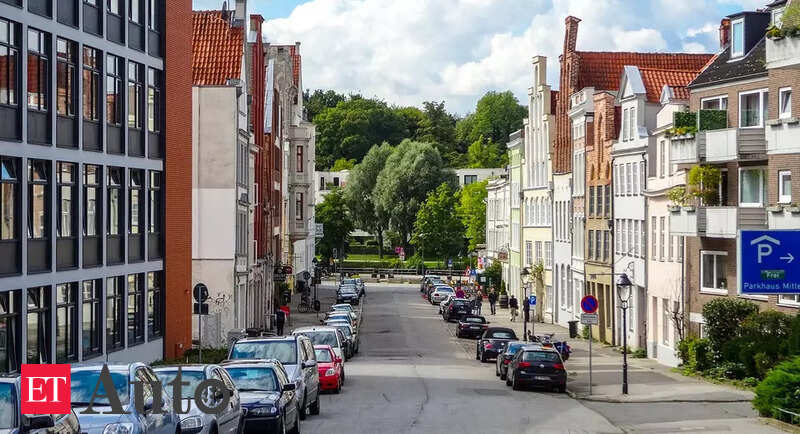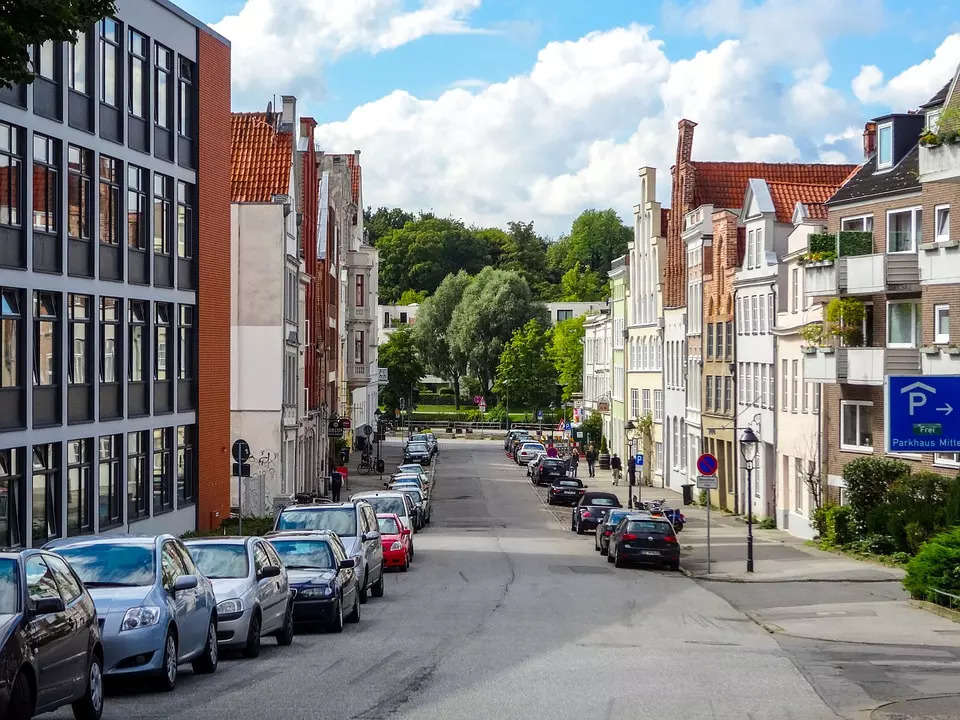
Germany’s election and the car business, Car News, ET Car

BERLIN – Germany’s federal election on Sept. 26 will have a significant influence on the long run of its car business, presently in a race against time to meet national and EU emissions targets.
All key parties back again the transition to electric vehicles, but vary on how to get there. Below are the main details from just about every bash on the matter:
CDU
Essential information: Germany’s auto sector must keep on being a planet-leader and be technologically open up-minded to how emissions targets can be satisfied.
The bash rejects setting an finish date for manufacturing ICE (inner combustion motor) cars, or a speed limit on the motorway.
It phone calls for growing public transport to relieve highway targeted traffic, but also options to make far more roads and motorways to prevent visitors jams.
Charging infrastructure for electrical cars should be readily available in all new commercial and general public properties, the manifesto says. The party’s prospect to succeed Angela Merkel as chancellor, Armin Laschet, mentioned in a recent job interview a charging station should really normally be reachable in ten minutes.
The occasion supports artificial fuels and hydrogen, including for vans.
GREENS
Critical concept: Automobiles will have to be “much more digital, quieter, scaled-down and lighter, weather neutral and a lot easier to recycle,” the manifesto reads, including “we want to make the swap to bicycle, bus and practice interesting for all people and really encourage it economically.”
Germany should really stop making ICE automobiles by 2030, the Greens say. A pace restrict of 130km/h really should be executed on motorways, down to 120km/h when shut to metropolitan areas and 30km/h in metropolis centres.
To decrease dependency on automobiles, the party would abolish options to make new streets and as an alternative double the selection of bike and pedestrian pathways in the following ten years. It would devote 100 billion euros in rail, partly financed via truck tolls.
Electric automobiles (EVs) need to be cost-effective for everyone, chancellor candidate Annalena Baerbock has reported, contacting for very low-earning EV prospective buyers to obtain an extra 3,000 euros in credit rating on leading of present subsidies of 6,000 euros, to be repaid curiosity-no cost from discounts building by the reduce value of electric powered charging when compared to gas.
Hydrogen and artificial fuels really should only be employed for industrial transportation, ships, and planes.
SPD
Key concept: The state should assist the EV changeover with out intervening as well intensely or jeopardizing Germany’s situation in the car sector.
The SPD does not support a federal government-established conclude date for ICEs – chancellor prospect Olaf Scholz explained in a the latest interview that customers would decide for EVs after they reached price tag and top quality parity.
But the condition ought to do its component in subsidising the EV changeover, like speeding up the expansion of charging networks, Scholz has explained.
The manifesto also calls for increasing hydrogen pipelines, battery mobile creation, and recycling. As finance minister, Scholz introduced a billion-euro fund in August to support the EV transition till 2025.
The party supports hydrogen and synthetic fuels for weighty vehicles, ships and planes.
Like the Greens, it backs a motorway speed restrict of 130km/h. Scholz has also expressed aid for a 50km/h restrict in towns.
FDP
Key information: The liberal occasion rejects “the path of renunciation and prohibition,” opposing an conclude date for fuel guzzlers or a pace limit on the motorway. E-mobility is just 1 element of the transportation blend of the potential, its manifesto suggests.
The party opposes the EU’s emissions targets as perfectly as German subsidies for EV buys. Even now, its manifesto states charging stations must be expanded, with clear pricing devices. It supports the use of hydrogen and artificial fuels.

